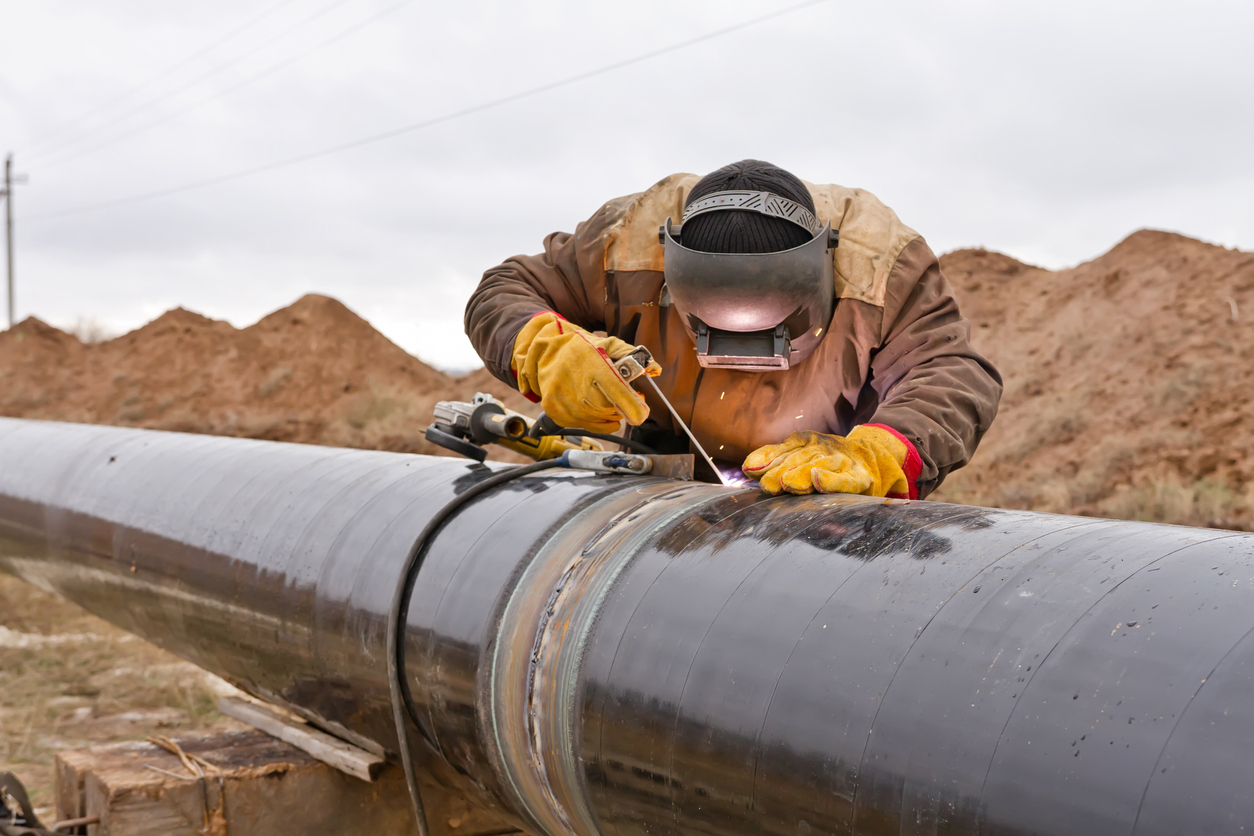What To Expect When Choosing A Welding Company
What type of welding is performed?
There are many different types of welding. Each type has its own advantages and disadvantages that you should be aware of before choosing a welding company.
Arc welding is one of the oldest welding processes used by industry. It creates a molten metal weld by passing an electric current through a gas shielding gas (manganese or argon) that creates an arc between a welding electrode and the work piece. The arc melts the electrode and a small amount of the shielding gas, forming a weld pool. The weld pool is then aspirated (drawn into a vacuum) to remove remaining gases and produce the final weld.
Gas metal arc welding (GMAW) is a type of arc welding that is used for welding thin materials, such as sheet metal, pipe, and most carbon and stainless steels. GMAW is often used for prefabricated structures such as buildings and bridges, as well as for large-scale industrial projects.
Stick welding is a type of manual welding that uses a stick, rod or roller to provide the heat source. It is often used to repair small items or to make simple repairs. Stick welding is not a welding process but the joining of two pieces of metal by the application of heat and pressure.
Is a welding certificate required?
A welding certificate is generally required to perform welding operations on steel structures. Because of differences in shielding gas and welding electrode types required for each process, welding certificates are extremely specific and are rarely used to perform less-advanced welding processes.
Welding certifications are usually required for certain types of welding, like GMAW and flux cored welding. While certifications are helpful, they don’t guarantee a skilled welder will be used for your job. Inspectors with certifications are often used to conduct welding inspections and not actually perform the welding work. Welding certifications can also be purchased by anyone. They are not regulated by a state agency.
Will the welding company come to your site?
Some welding companies only perform welding work on-site. These companies may come to your job site or you may choose to bring welding equipment and employees to your site. This is an important factor to consider when choosing a welding company.
If the welding company comes to your site, they will be responsible for all of the risks associated with operating on your property. While this may seem like a good option, you should be aware of the risks associated with this type of welding work. By performing work on your property, the welding company is responsible for any injures or damages that may occur. You should be very careful when choosing this type of welding company.
If the welding company doesn’t come to your site, you will have to find a nearby location that is suitable for performing welding work. You will also be responsible for all of the risks associated with operating on your property.
Is a warranty offered?
Welding warranties are offered by many companies to protect customers against defects in their welds. Welds are critical to construction projects, and it is important to choose a company with a proven track record for quality work. Most welding warranties cover the length of the project, but the details can vary. For example, some warranties are for a specific weld type, while others cover any welding defects. Some welding warranties include repairs, while others cover the cost of replacement. When looking at welding warranties, make sure they cover the type of project you are planning on building.
Welding warranties are not insurance. They are an agreement between you and the welding company covering defects in the weld. The warranty contract should be signed before any welding begins and again after the welding project is completed. You may also want to have your contractor or architect sign the warranty contract.
What type of welders are employed by the company?
When choosing a welding company, inspect the welding department to get a glimpse of the types of welders employed by the company. Inspect the welders’ qualifications and experience. Ask to see their certification cards and examine their work areas to get a feel for the quality of work being performed. Remember that the company’s welding department may be the only place that you get a glimpse into the quality of the welding work performed by the company.
Ask to meet with the welding department manager and discuss the quality of welding work being performed by the company’s welders. Inspect their work areas and ask to meet with the welders who will be performing the welding work on your project. Ask to observe welding operations and ask to see the welding department’s quality control procedures.
Get answers to important questions before hiring
Before hiring a welding company, make sure you have answers to the following questions:
- What welding equipment does the welding company use?
- Where will the welding work be performed?
- Is the welding company properly insured?
- Is the welding company licensed to operate in your state?
- Is the welding company certified to perform the type of welding you need?
- Will the welding company respond to your job site?
- Is the welding company willing to provide references?
- What are the welding company’s costs for the project?
- What is the welding company’s typical timeline for a project?
- Is the welding company certified to perform the type of welding you need?








LEAVE A COMMENT
You must be logged in to post a comment.